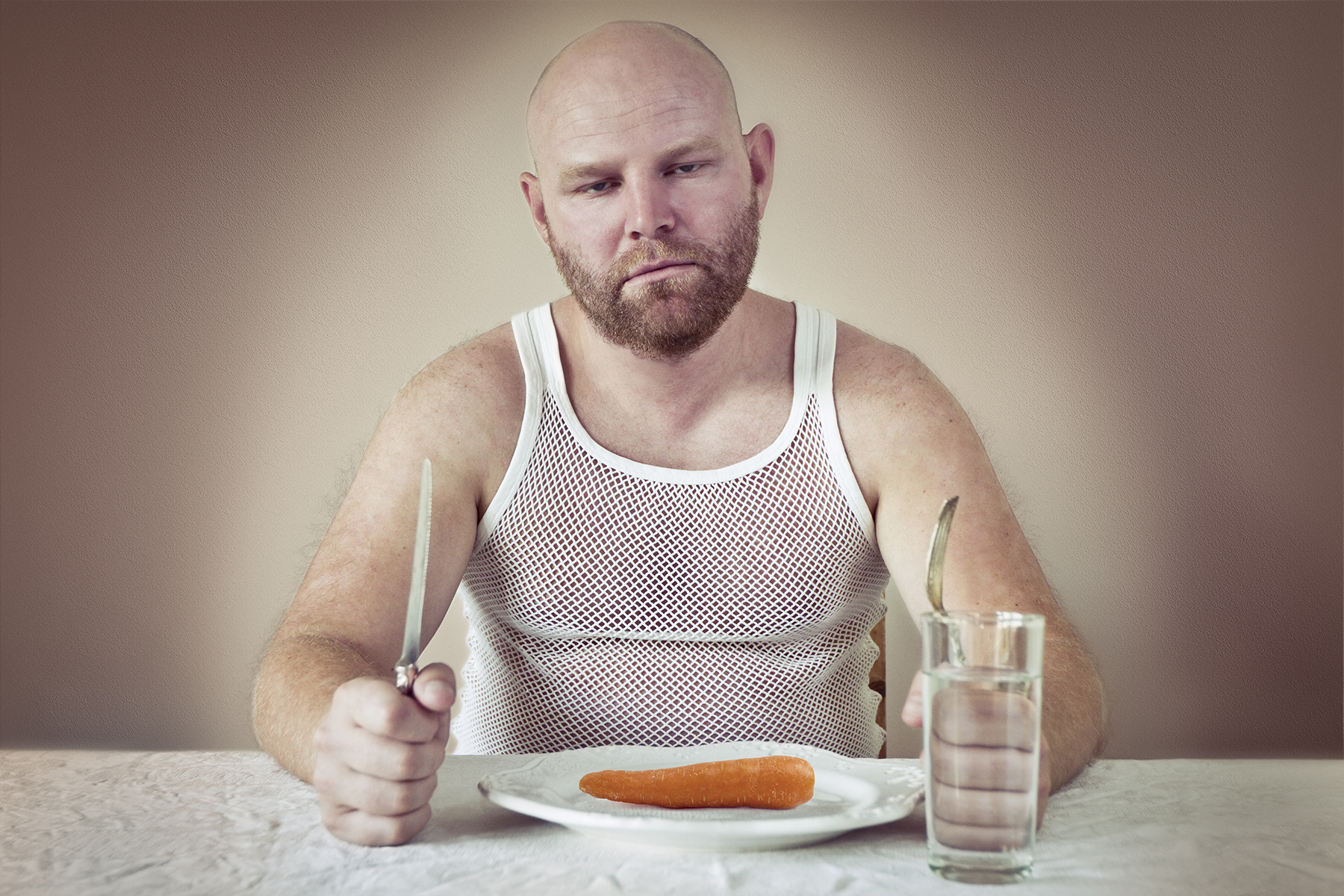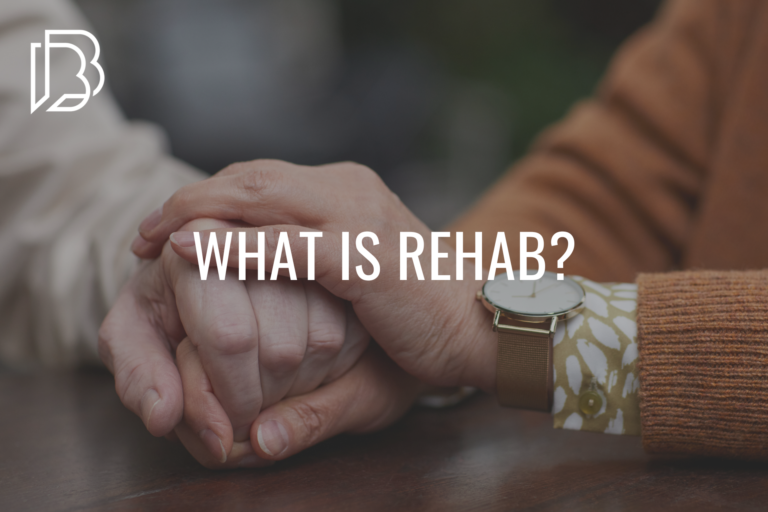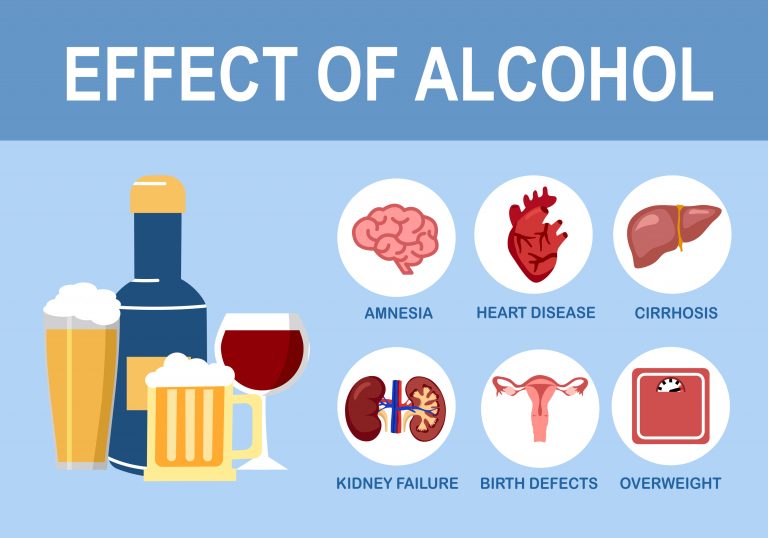We’re encouraged to eat healthily, have our 5 a day, drink enough water and reduce the junk food to reduce our weight and get the nutrition we need to be healthy, and there’s absolutely nothing wrong with that. But when we focus too much on the health-giving properties and nutritional values of our foods, a positive concept like healthy eating can become highly restrictive, to the point of becoming dangerous.
At our eating disorder treatment centre, we work with our clients to overcome their limiting and highly prescriptive, rule driven relationship with food. Many of our clients have started with the concept of healthy eating and the trend of “clean” eating for health and weight loss. This has morphed into an obsessional approach to healthy eating and categorizing foods as “good” and “bad”. Once we move into this very rigid way of thinking about food, it can quickly lead to the elimination of whole food groups and highly restrictive eating. It can also lead to stress around not being able to access these “healthy” foods and guilt when they don’t eat the right things.
While this can be seen as positive, and making the “right” choices, it is an example of disordered eating and can quickly spiral into a very toxic relationship with food. It’s been named Orthorexia and while it doesn’t present in the same way as anorexia and bulimia, it is still deemed an eating disorder if it becomes extreme, controlling and limiting.
The key to keeping healthy eating in a safe space is balance and flexibility. It’s about loving ourselves and nourishing ourselves through food, and also enjoying food of all kinds. If we can listen to our bodies and practice intuitive eating, while making healthy choices when we can, we’ll be on the right track to having a healthy relationship with food and ourselves.
What are the signs the someone has Orthorexia?
According to WedMD, here are some things that are typical with people suffering from Orthorexia –
- Anxiety around the quality of food you’re eating
- Fear that foods prepared out of the home are not of the right standards leading to not eating out or at other people’s homes
- A strong focus on “clean” eating and avoidance of foods that are deemed bad for your health
- Obsessive levels of research about food and meal planning to ensure every meal is optimal
- Dropping whole categories of foods from your diet and being highly restrictive with the food you will eat
- A fear of eating “bad” foods and being highly critical of other people’s food choices
If you identify these traits in yourself or your loved one, we recommend that you speak to a nutritionist or a therapist, or an eating disorder specialist, to lead you back into balance with your approach to food, before you run the risks of dropping into a lower than healthy BMI, or tipping over to a full blown eating disorder such as anorexia.
Balancing your approach to food through intuitive eating
Another good approach is to investigate intuitive eating. This is the very opposite of the highly restrictive and inflexible approach to eating that we see in our diet obsessed culture and which fuels conditions like orthorexia.
It’s the simple sounding principle of listening to your body and becoming the expert in what your body wants and needs. It encourages us to eat when we’re hungry, with no judgements, and stop when we’re full. It is a great approach, as it doesn’t categorize foods as good or bad, but believes that our body will tell us what it wants, if we listen and eat in a mindful way.
Intuitive eating rejects the dieting mentality and tells us to stop denying ourselves and being hungry. It gives us permission to eat and enjoy all foods without guilt of judgement, but to honour our health and respect your body through nutrition and nutritionally dense foods which makes us feel good and gives us energy.
No foods are off limits, but we’re challenged to ask ourselves why we feel we need to eat certain foods and avoid emotional eating and overeating. Listen for your body’s cues and trust your instincts to know what you need on any given day or time.
This is a great approach to food and offers balance and positivity around food that we really encourage.
Seeking help when you need it
If you can’t imagine having a relaxed approach to food like we suggest above, and you’re obsessed with weight, healthy food or good or bad foods, you may have an eating disorder. We encourage you to ask for help if you’re highly limiting your calorie intake, engaging in highly restrictive eating habits, or binging and purging. Eating disorders are highly dangerous mental health conditions which can be fatal and must be taken seriously.
Eating disorder treatment is highly effective, particularly when you get it at an early stage. Please don’t be ashamed to get help. Eating disorders do not discriminate and they are not a sign of weakness. Our eating disorder treatment centre helps people from all walks of life to overcome their issues with food and body image and we can help you too. Please contact us to find out more.




